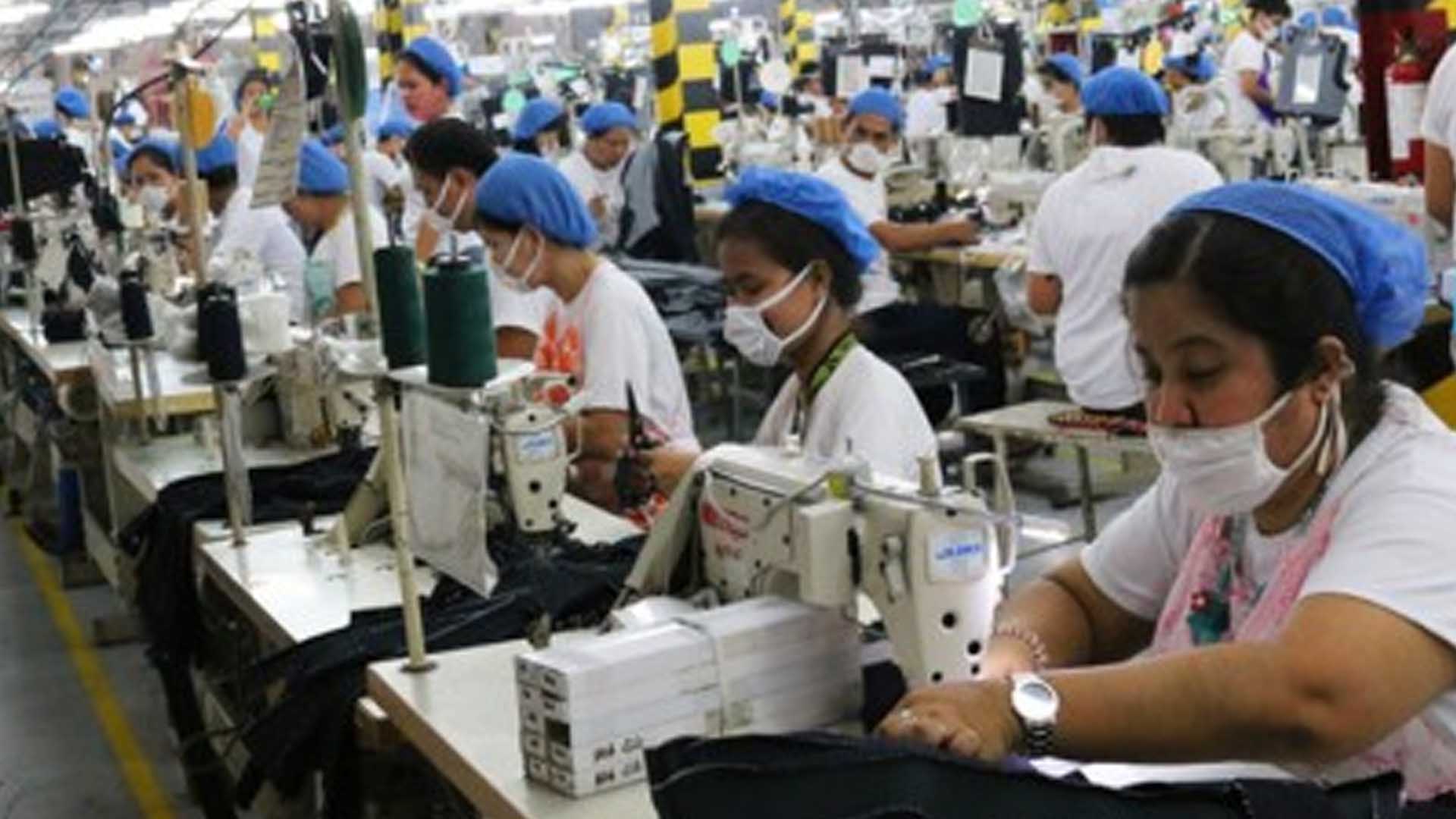A labor group official said the proposal to extend the six-month probationary employment period to two years is disadvantageous to workers.
Trade Union Congress of the Philippines (TUCP) president Raymond Mendoza said the proposed House Bill 4802, authored by Probinsiyano Party-List Rep. Jose “Bonito” Singson Jr., is very dangerous and highly disadvantageous to workers because of its deleterious effect to working people and their families once it is enforced.
“We are at a time when we are struggling to close the gap between the rich and the poor by eliminating this short-term endo (end-of-contract) and to minimize all forms of contractualization employment scheme in the country and ensure a just and fair economic share for workers in a growing economy,” he said in a statement.
“But here comes HB 4802 that practically empowers abusive employment and business practice with a larger latitude and longer contractualization short-term work scheme,” Mendoza added.
He noted that the probationary employment period is a period of six months allowed by law for an employer to observe the skills, qualifications and work attitude of a prospective employee before absorbed into the firm as a regular employee.
The TUCP official added that the employer is also given the power to fire or dismiss a probationary employee within the period if an employee is found unqualified for the job without indemnity or legal retribution such as illegal dismissal cases.
“Extending the probationary employment period to two years is a race to the bottom scheme because it will improve the current widely practiced endo labor slavery system and will make contractualized work permanent in the country,” he said.
“Probationary employees have no chances to raise their salary, better benefits, cannot join a union and have no security of tenure, unable to make longer life plans and no capacity to make investments to a stable family,” he added.
Mendoza said there is no need to extend the probationary period because prospective employees have undergone mandatory exposure onsite visits, on-the-job training (OJT), apprenticeship, rigorous K to 12 training, workshops, seminars, orientation, assessment and certifications of skills before they apply for work.
“In their application for work, prospective employees undergo an interview and written exams before they undergo the six-month probationary period,” he said. (PNA)






















